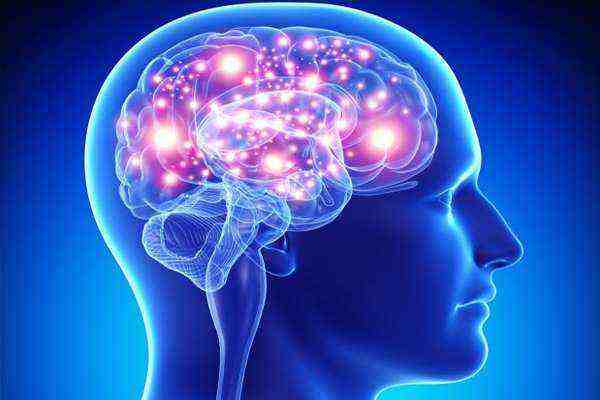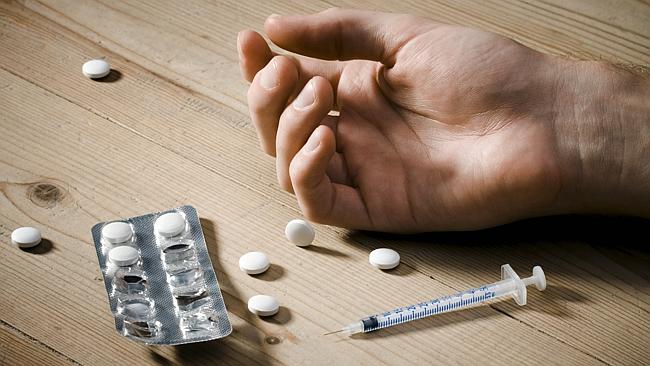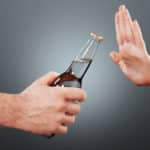Some people rush into treatment programs at the first sign of addiction.
However, it is not uncommon for people to struggle with addictions for long periods before seeking help.
According to a study published in the journal Drug and Alcohol Review, those who used heroin had an average of nine years between their first use and entering a treatment program.

Alcohol abuse affects practically every aspect of your body. For example, abnormal heart rhythms and heart attacks can come from substance addiction, and injecting drugs can cause collapsed veins and infections in your heart valves.
Some medicines might cause severe muscle cramping and general weakness, while others can hinder your bones from forming correctly. In addition, when you use drugs for a long time, your kidneys and liver will eventually be damaged.
Let’s learn more about the drug and alcohol addiction impacts.
What Are The Short-Term Impacts Of Drug Addiction?
Chemical molecules that impact the mind and body are known as drugs.
Any medicine, even when used in moderation or as directed by a physician, might have short-term consequences. They include:
- Alterations in appetite.
- Insomnia.
- Increased heart rate.
- A speech that is slurred.
- Alterations in cognitive ability.
- A feeling of euphoria.
Health Complications of Drug Abuse and Alcohol Addiction
It may be beneficial for families to learn about the health risks linked with addiction so that they can encourage loved ones who are addicted to seek treatment. In addition, if the addiction victim agrees to therapy, the information could help people stay on track after treatment begins.
You can go to drug rehab of Infinite Recovery and check out all about the health complications drug and alcohol addiction imparts.
1: Accidents
These individuals may run into traffic, attempt to drive or operate heavy machinery while under the influence of narcotics, or undertake any other action that could result in an accident.

People who are under the influence of alcohol or drugs may commit unlawful or violent behaviors, prompting law enforcement action.
Although these immediate repercussions aren’t directly linked to health, it’s easy to see how they affect a person’s overall physical condition.
2: Breathing Trouble
Overdoses happen when a drug’s hazardous effects overtake the person who is taking it. In addition, the medicines can sometimes make it difficult or impossible to breathe.

The medicines can sometimes dangerously raise blood pressure and heart rate, taxing the cardiovascular system to the point where a heart attack or stroke occurs.
Moreover, the medications might cause profound drowsiness that a person loses consciousness. According to the World Health Organization, drugs and alcohol are responsible for one out of every four deaths that originated in breathing troubles.
3: Mental Health Issues
Certain substances cause significant physiological dependence, making quitting or reducing use difficult.

Severe withdrawal symptoms can also make abstinence challenging to maintain. Thus, people abusing drugs and alcohol often become too dependent on these substances that it becomes impossible to function without them.
People who feel nervous, irritated, or physically ill after stopping a drug may reintroduce it to alleviate their discomfort, leading to a lifetime of drug use and abuse.
4: Long-Term Health Difficulties
Longer-term drug usage is related to a higher risk of chronic problems and a higher cumulative risk of acute disorders as long as substance use persists.
Chronic pain, arthritis, pneumonia, asthma, hypertension, congestive heart failure, and stroke were all found to be more common in people suffering from drug abuse disorders, according to a 2017 study published in the Journal of Addiction Medicine.
In addition, these individuals had a higher chance of dying—and at a younger age—than those who did not have a substance use illness.
5: STDs
As a result of risky sex behaviors under intoxication, some persons contract HIV and hepatitis as STDs.
Users under the influence of drugs or alcohol may have decreased inhibitions, making it easier for them to make poor health decisions, such as preceding condom use or other safe sex practices.

STDs and infectious diseases can likely be part of longer-term health effects linked with drugs. Although many can be successfully treated with medications, addiction can confuse our usual lifestyle, and achieving a regular schedule can be challenging.
Some persons with these disorders attribute their symptoms to the medications they continue to take.
6: Brain Chemistry Changes
The human brain is the body’s most important and complicated organ. It regulates your ideas and the physiological processes that keep you alive, even though it weighs less than 3 pounds.

Drugs and alcohol impact your mood by altering the chemicals in your brain that keep it running smoothly.
When you first start using drugs, your brain produces a neurotransmitter called dopamine, which makes you feel euphoric and want to take more.
7: Overdose Deaths
You’re more likely to sustain bodily injuries or be involved in car accidents if you consume drugs and alcohol. Even worse, you also have an elevated risk of mortality by both suicide and homicide.
According to the National Institute on Drug Abuse, overdose is the most immediate issue, with more than 17,000 individuals dying from prescription opioid overdoses in 2017.

Many people also lost their lives due to overdosing on frequently used drugs, including fentanyl, heroin, psychostimulants, cocaine, or other prescription medicines.
The medicines can sometimes make patients fall into profound sleep-like states because they inhibit respiration.
Conclusion
Drug-related mortality is on the rise, having more than doubled since the early 1980s. Alcohol mainly results in 5.2 million unintentional injuries and 1.8 million deaths per year.
Health issues are among the driving elements, but certainly not necessarily the most convincing and rarely the sole rationale.
Many other factors, such as financial, legal, child custody, relationship, job/professional, familial pressure, loss of loved ones due to drug usage, loss of essential requirements, and more, come into play for most addicted persons.


